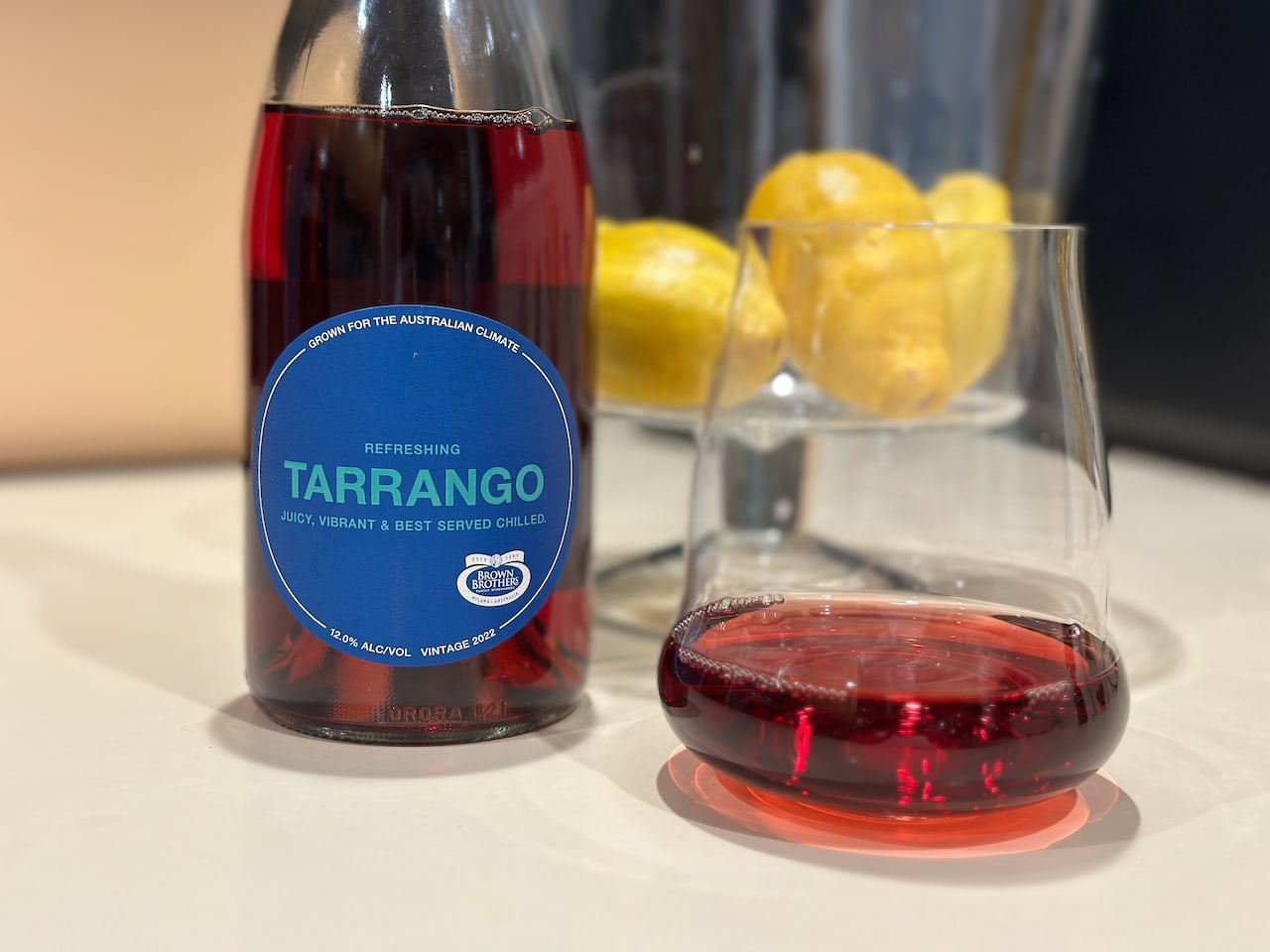WSET3 Palate Notes
Tastes Like:
Cinsault, a cherished grape variety of the Mediterranean, offers wines that span the spectrum from dry to sweet, showcasing its adaptability and charm.
Often used in blends to soften and add elegance, Cinsault has a rich history dating back centuries.
What you can expect to taste and smell?
Primary Flavours & Aromas
Cinsault produces both red and rosé wines. Reds are light to medium-bodied with soft tannins, while rosés are vibrant with refreshing acidity.
Cool vs. Warm Climate
Cool Climate: In cooler regions, Cinsault can maintain its fresh and fruity character, offering a lighter red wine.
Warm/Hot Climate: Grown in warmer areas, it develops riper fruit flavors, which can result in slightly richer wines. Cinsault thrives in warm climates but can also grow in cooler regions if managed well.
Did you know … Cinsault was once known as Hermitage Hermitage X Pinot Noir = Pinotage
Appellations / Producers of Note
Originating in the south of France, Cinsault is widely planted across the Mediterranean basin, including France (particularly Languedoc-Roussillon and Provence), Spain, Italy, and South Africa.
Explore Minervois AOC and Corbières AOC in the Languedoc for some exceptional Cinsault-based wines.
Age-worthiness
Cinsault is best enjoyed in its youth, capturing the essence of its fresh fruit and florals.
First Published: Monday, Jun 10, 2024 Last updated: Mar 12, 2025
If you're a wine enthusiast like me ... follow my adventures, learn about grapes or winemaking.
read more





